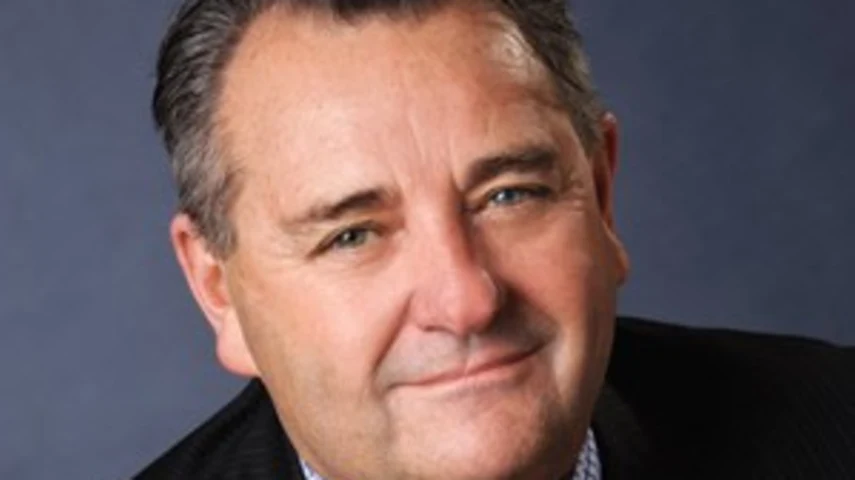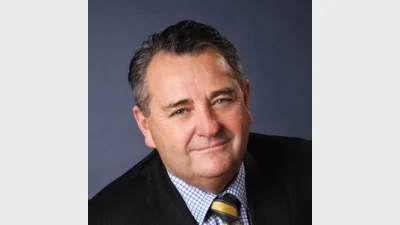Call for appropriate aligned and non-aligned definitions



There needs to be greater transparency for consumers with respect to whether the advice they are receiving from financial planners is either aligned or non-aligned, according to specialist financial planning business broker Paul Tynan.
Tynan argues that it should be the case that 'aligned advice’ “is where the adviser is in a salaried position and licensed via a bank, industry fund etc. There is a restriction of ownership of client and buyer of last resort (BOLR) terms in place”.
He said that, by comparison, 'non-aligned advice’ “is where the adviser is a self-employed business owner and there is no restriction with respect to client ownership, and if the adviser wishes to leave a licensee the clients are clearly transferable”.
Tynan argues that much of the heat in the debate around the Future of Financial Advice (FOFA) changes has been owed to a failure to appropriately identify and distinguish the competing interests in the financial planning industry.
“In my opinion, it’s not Government that’s the cause of the problems and complaints that have been directed towards FOFA but the overabundance of self-interest groups lobbying intensely to ensure that the interests of their particular sector, company or association are met - even if above those of the industry or consumer.
“In the end, there’s no point pointing the finger of blame at Government and the legislators when the other fingers on the accusing hand are pointing directly back at the real cause and root of all the problems - the industry itself,” he said.
Recommended for you
Despite the year almost at an end, advisers have been considerably active in licensee switching this week while the profession has reported a slight uptick in numbers.
AMP has agreed in principle to settle an advice and insurance class action that commenced in 2020 related to historic commission payment activity.
BT has kicked off its second annual Career Pathways Program in partnership with Striver, almost doubling its intake from the inaugural program last year.
Kaplan has launched a six-week intensive program to start in January, targeting advisers who are unlikely to meet the education deadline but intend to return to the profession once they do.










